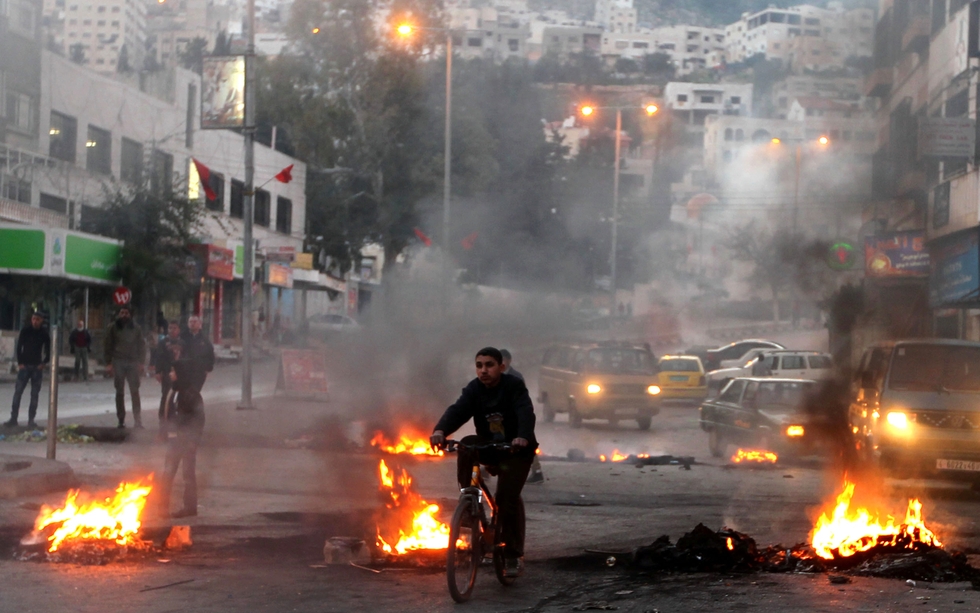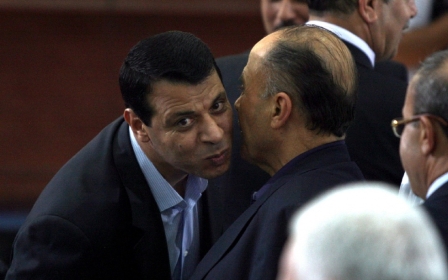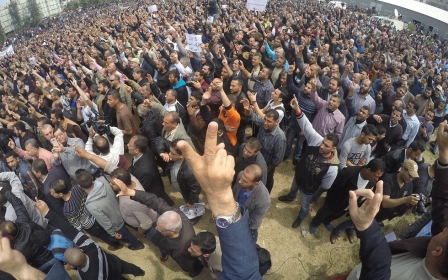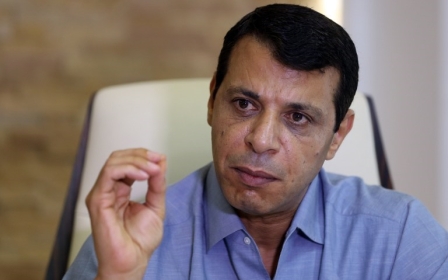VIDEO: Palestinian political rivalries play out in West Bank camp

Ongoing political violence continues to tear Balata refugee camp apart, amid increased tensions between supporters of Palestinian politicians Mohammed Dahlan and Mahmoud Abbas.
The camp, which is located in Nablus City, is the largest in the West Bank and home to over 30,000 inhabitants.
Balata was established in 1950 by the United Nations Relief and Works Agency (UNRWA) as a temporary solution in response to Palestine’s refugee crisis during the time of Israel’s establishment. It was intended to house 5,000 people.
The area has paradoxically become an access point for Israel’s tourists to the biblical site Jacob’s Well, as well as a hotspot for military resistance against Palestinian and Israeli forces. The camp is also widely known for playing a role in the uprising of the first and second intifadas.
Raids carried out by Palestinian security forces have become increasingly common in the camp following a “mass crackdown” on military activity and drugs.
"Each year they [the Palestinian Authority] arrest us in at least two campaigns,” Hatem Reziq told Middle East Eye. He is a wanted resident by the Palestinian security services and makes his disaffiliation from both Dahlan and Abbas clear.
His views echo a consensus among camp residents that neither politicians have helped secure peace in Balata.
“We no longer feel safe, from both sides,” camp resident Abu Mohammed argues.
The UN have cited growing concerns about rising unemployment and worsening conditions in the camp, castings doubts over the future of many children who live there.
New MEE newsletter: Jerusalem Dispatch
Sign up to get the latest insights and analysis on Israel-Palestine, alongside Turkey Unpacked and other MEE newsletters
Middle East Eye delivers independent and unrivalled coverage and analysis of the Middle East, North Africa and beyond. To learn more about republishing this content and the associated fees, please fill out this form. More about MEE can be found here.




